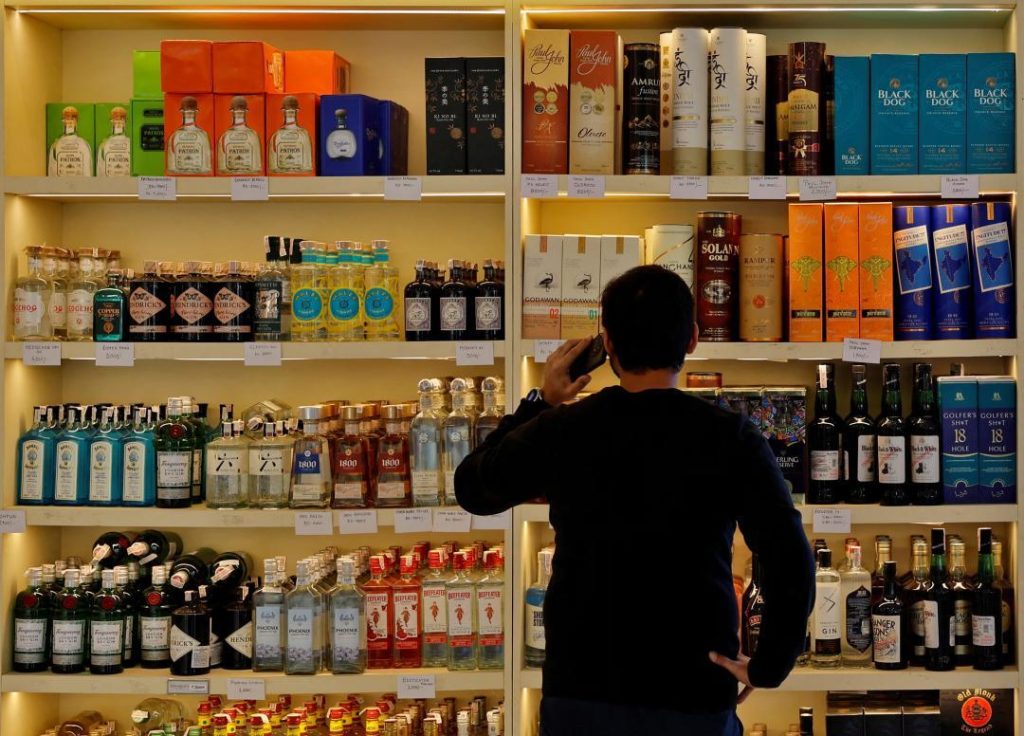
What is expected to get cheaper as India & UK conclude Free Trade Agreement?
The recently-concluded India-UK Free Trade Agreement (FTA) is expected to bring several benefits to both countries, including reducing tariffs on various goods and services. The agreement, signed on May 21, aims to increase trade and investment between the two nations, making it a significant step forward in their economic relations.
One of the most notable benefits of the FTA is the reduction in tariffs on distilled spirits. According to Reuters, tariffs on gin and whisky will be halved from 150% to 75%, making these popular spirits cheaper in India. This is likely to be a major boost to the spirits industry in the UK, which is one of the country’s largest export sectors.
Another significant benefit is the reduction in automotive tariffs. Currently, tariffs on UK-imported vehicles are 100%, but under the FTA, these will be cut to 10%. This means that UK-made cars and other vehicles will become cheaper in India, making them more competitive in the Indian market. This is likely to lead to increased exports of UK vehicles to India, which is expected to benefit the UK’s automotive industry.
The FTA will also lead to lower tariffs on other UK goods, including cosmetics, chocolates, soft drinks, electrical machinery, and biscuits. This is expected to make these products cheaper for Indian consumers, which could lead to increased demand and sales for UK exporters.
In addition to these benefits, the FTA also includes provisions to simplify customs procedures, improving the ease of doing business between the two countries. This is expected to reduce the time and cost associated with exporting and importing goods between India and the UK, making it easier for businesses to trade with each other.
The FTA is also expected to increase trade between the two countries, which could lead to economic growth and job creation. According to the UK government, the agreement has the potential to increase bilateral trade by £23 billion (approximately ₹2.35 trillion) by 2030.
So, what does this mean for consumers in India and the UK? For Indian consumers, the FTA means that they can expect to see cheaper prices on a range of UK-made goods, including spirits, vehicles, cosmetics, and food products. This is likely to be a major boost to the country’s consumer goods market, which is one of the largest and most competitive in the world.
For UK consumers, the FTA means that they can expect to see cheaper prices on Indian-made goods, including textiles, pharmaceuticals, and IT services. This is likely to be a major boost to the UK’s manufacturing sector, which has been facing challenges in recent years.
The FTA is also expected to benefit Indian and UK businesses that trade with each other. The agreement includes provisions to simplify customs procedures and reduce bureaucratic hurdles, making it easier for businesses to export and import goods between the two countries.
In conclusion, the recently-concluded India-UK Free Trade Agreement is expected to bring several benefits to both countries, including reducing tariffs on various goods and services. The agreement is expected to increase trade and investment between the two nations, making it a significant step forward in their economic relations.






